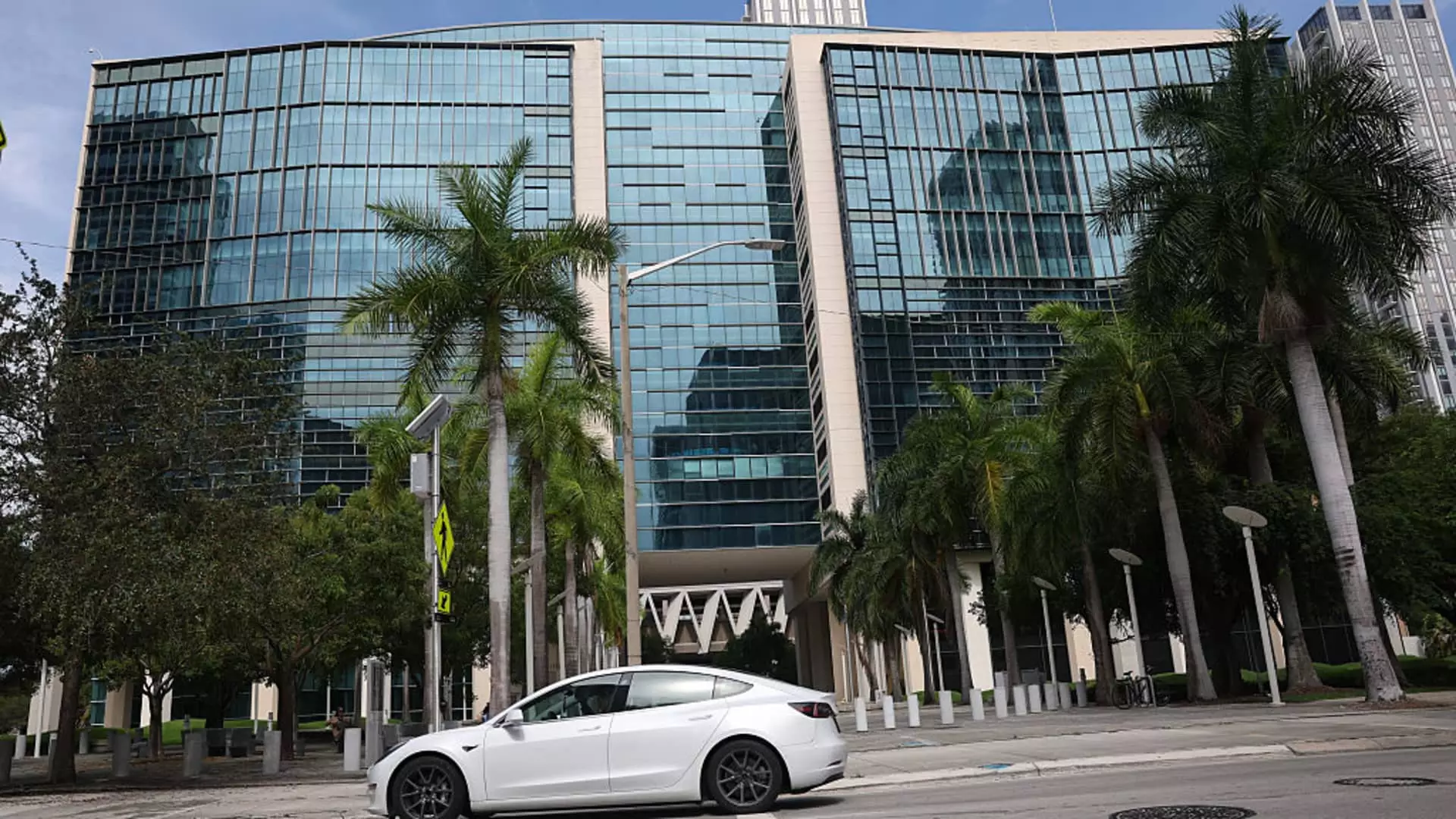The ongoing legal battle against Tesla exposes a harsh truth many consumers and critics have long suspected: hype around autonomous driving technologies is often detached from reality. While Tesla’s Autopilot is marketed as a leap toward safer, more efficient transportation, this case sharply reveals the dangerous gap between public perception and actual safety standards. The fatal crash in Florida underscores the peril of overreliance on partial automation that still demands vigilant human oversight—a requirement that glaringly failed in this tragic incident. When companies prioritize innovation and profit over rigorous safety protocols, they risk turning technological promises into deadly liabilities.
The core issue here is the dangerous optimism Tesla promoted around Autopilot, which many drivers interpreted as a fully autonomous system. The company’s messaging, whether deliberate or negligent, fostered a false sense of security that led users like George McGee to relinquish critical attention during moments of distraction. This misrepresentation results in horrific consequences, especially when safety features are marketed as more capable than they truly are. Tesla’s narrative created a moral and legal grey area that blurs the lines between driver responsibility and corporate accountability—an area that must be scrutinized carefully by the courts and regulators.
Corporate Responsibility vs. Profit Motive
Tesla’s relentless pursuit of dominance in the electric vehicle market often appears to overshadow its ethical obligation to customer safety. The company’s aggressive marketing during the development and deployment of Autopilot appears to be a calculated move to boost sales without sufficiently considering the human cost. The plaintiffs’ claims that Tesla knew about potential defects and failed to act—while publicly overstating the safety of Autopilot—are not just legal allegations, but an indictment of corporate greed overriding moral responsibility.
Furthermore, Elon Musk’s repeated promises of a near-autonomous future have fed into a bubble of overconfidence among consumers. These declarations have blurred the boundaries of technological capability, making drivers believe that they could safely delegate control to systems still in early stages of development. This recklessness is unforgivable; it demonstrates a disturbing willingness to gamble with lives for the sake of technological ambitions and shareholder profits. The court’s upcoming decision will be a litmus test for whether accountability can hold in the face of corporate hubris cloaked in innovation.
The Crucial Role of Regulation and Public Awareness
This case is more than just a legal dispute—it’s a statement about the urgent need for comprehensive regulatory oversight in the autonomous vehicle industry. Tesla and similar companies have operated with a troubling degree of self-regulation, often pushing their safety claims without fully transparent testing or independent validation. The public deserves clear, truthful information about the limitations of driver-assist features, yet such transparency remains elusive.
A decisive verdict against Tesla could serve as a catalyst for more rigorous oversight and safer industry standards. Society must demand that automakers prioritize human life over headlines and quarterly earnings. The legal proceedings present an opportunity to reframe the conversation about technological progress—not as an unchecked race to automate, but as a cautious and responsible evolution that recognizes the irreplaceable value of human judgment. The justice system can affirm that innovation does not excuse neglect or misinformation.
Driving a More Responsible Future
As autonomous driving technology matures, it is imperative that we, as a society, refuse to accept excuses rooted in corporate ambition or regulatory neglect. The tragedy in Florida exposes how the allure of cutting-edge innovation can mask fundamental flaws in safety design and communication. Tesla’s case should serve as a wake-up call for the entire industry: safety and ethical responsibility must come first.
The court’s decision will reach beyond Tesla’s immediate liabilities; it will send a powerful message about the importance of safeguarding human lives in technological progress. Any future development of autonomous systems must incorporate robust safety measures, transparent communication, and a clear acknowledgment of current technological limits. If we ignore these lessons, we risk perpetuating a cycle of tragedy driven by technological hubris, untempered by moral accountability. Society cannot afford to allow profit motives to overshadow the fundamental need for responsible innovation.


Leave a Reply